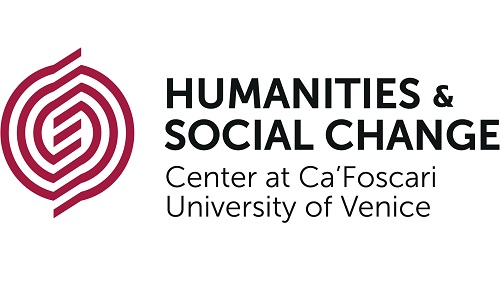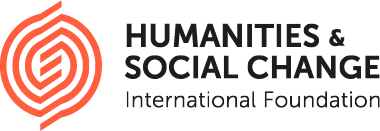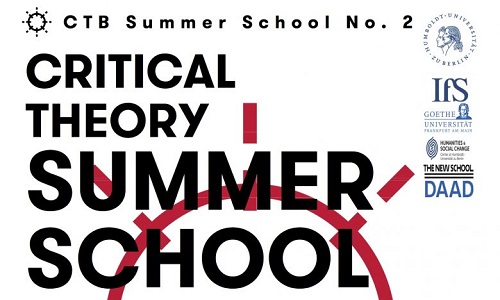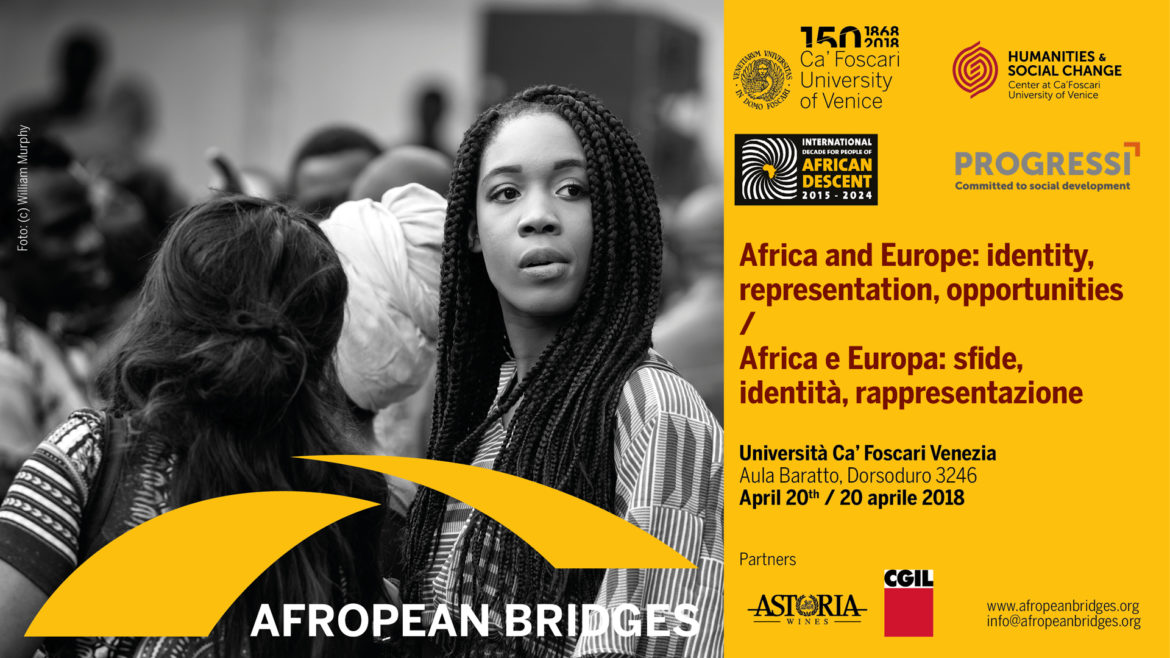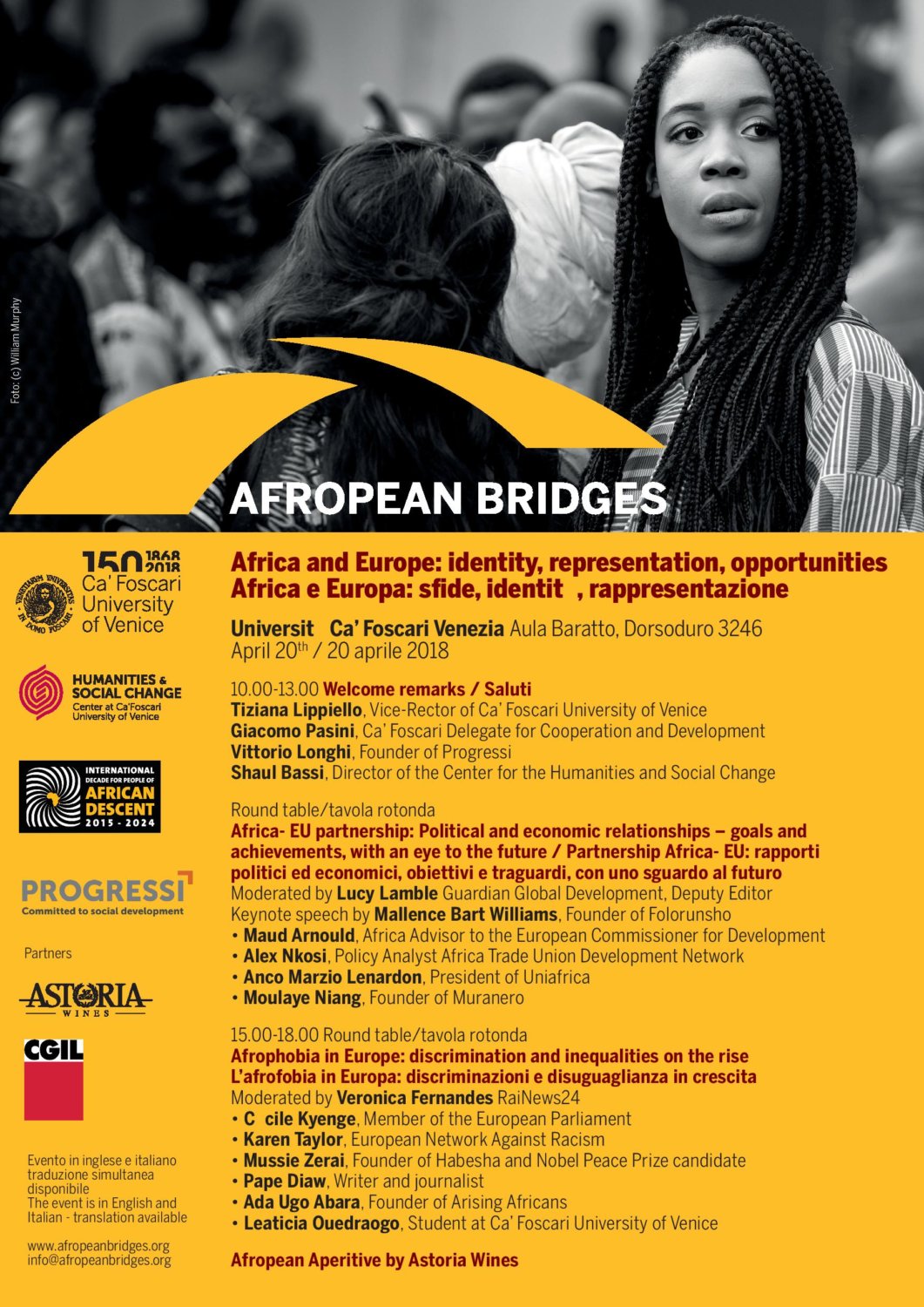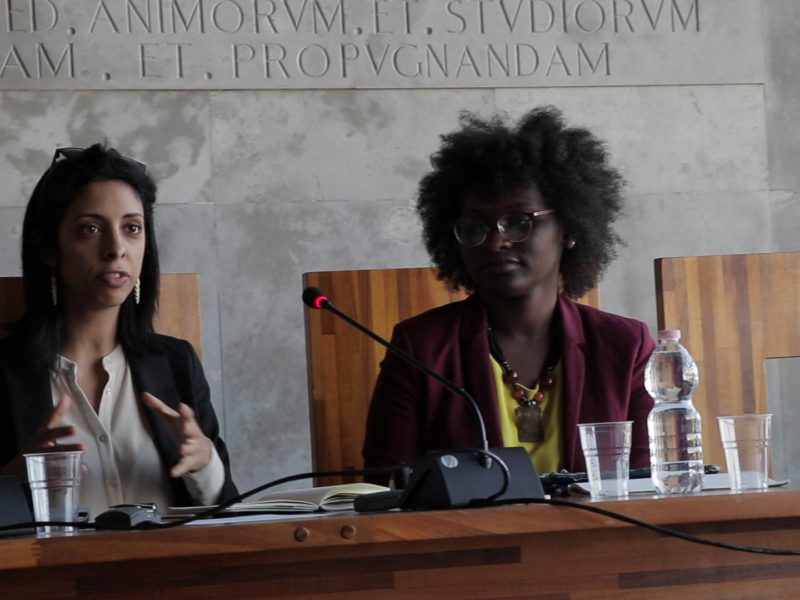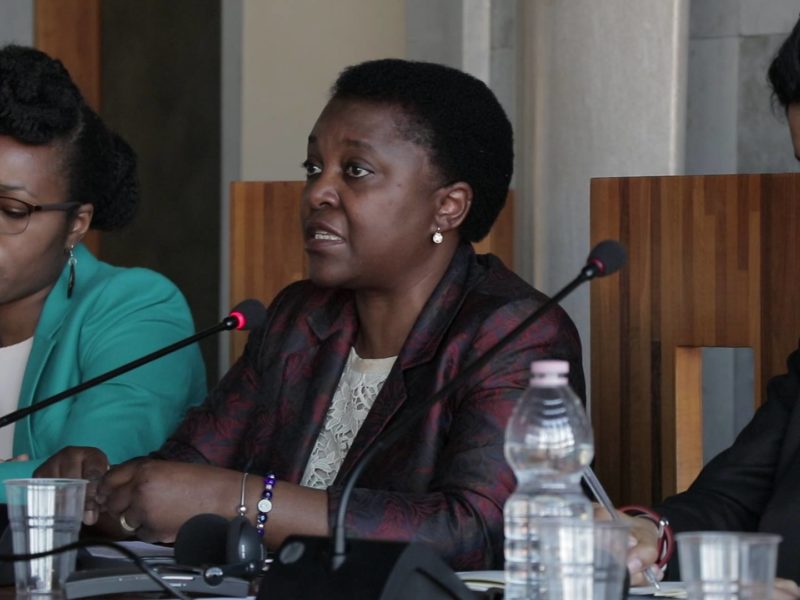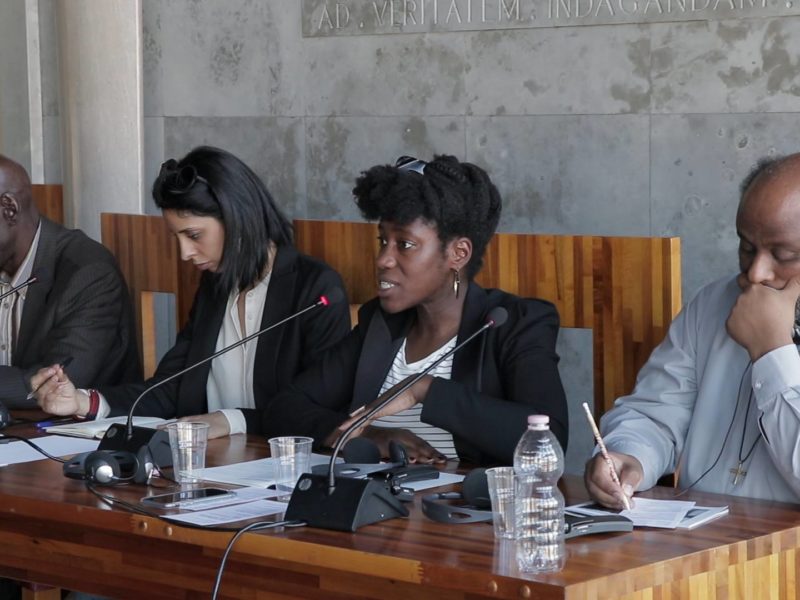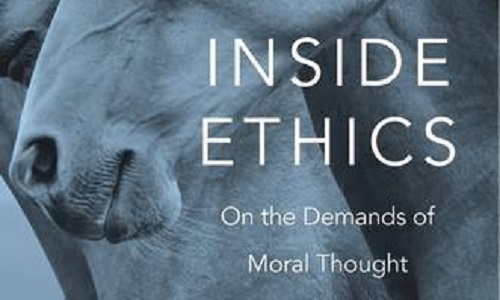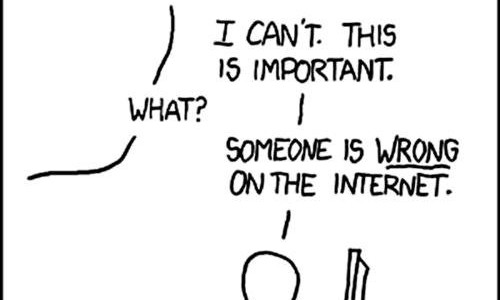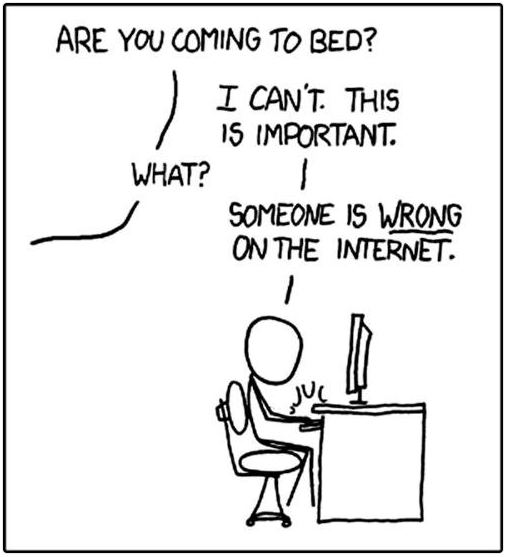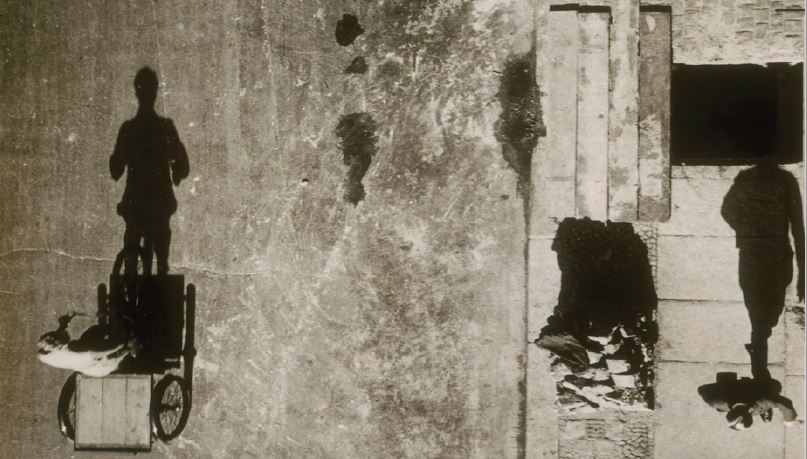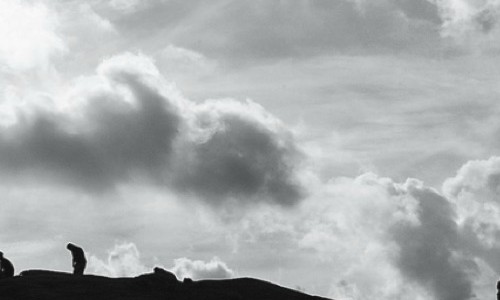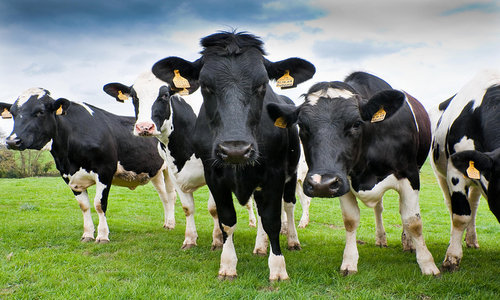One answer to these questions refers to the notion of ideology. Ideologies are more or less coherent systems of practices and beliefs that shape how individuals relate to their social reality in ways that distort their understanding of what is wrong with that reality and thereby contribute to its reproduction.
The summer school will seek to clarify the meanings and theoretical roles of ideology, as the concept has been prominently developed from the writings of Marx via Critical Theory in the tradition of the Frankfurt School to more recent debates in feminism and analytic philosophy. Key contemporary protagonists of ideology critique like Sally Haslanger, Robert Gooding-Williams, Axel Honneth, Alice Crary, Karen Ng, Titus Stahl, Robin Celikates, Martin Saar and Rahel Jaeggi will be present at the summer school and facilitate debates both of key texts from canonical authors and of their own systematic positions.
Instructors: Robin Celikates (University of Amsterdam), Alice Crary (Oxford/New School), Robert Gooding-Williams (Columbia), Sally Haslanger (MIT), Axel Honneth (Columbia/IfS), Rahel Jaeggi (HU Berlin), Karen Ng (Vanderbilt), Martin Saar (Goethe University Frankfurt), Titus Stahl (Groningen).
Organizers: Rahel Jaeggi, Eva von Redecker, Isette Schuhmacher (Humboldt University Berlin), Robin Celikates (University of Amsterdam), Martin Saar (Goethe University, Frankfurt) in cooperation with the Frankfurt Institute for Social Research and the New School for Social Research.
The application deadline for participants has already closed, but there will be two panel-discussions on the evenings of Monday 16th and Thursday 19th which are open to the public.
